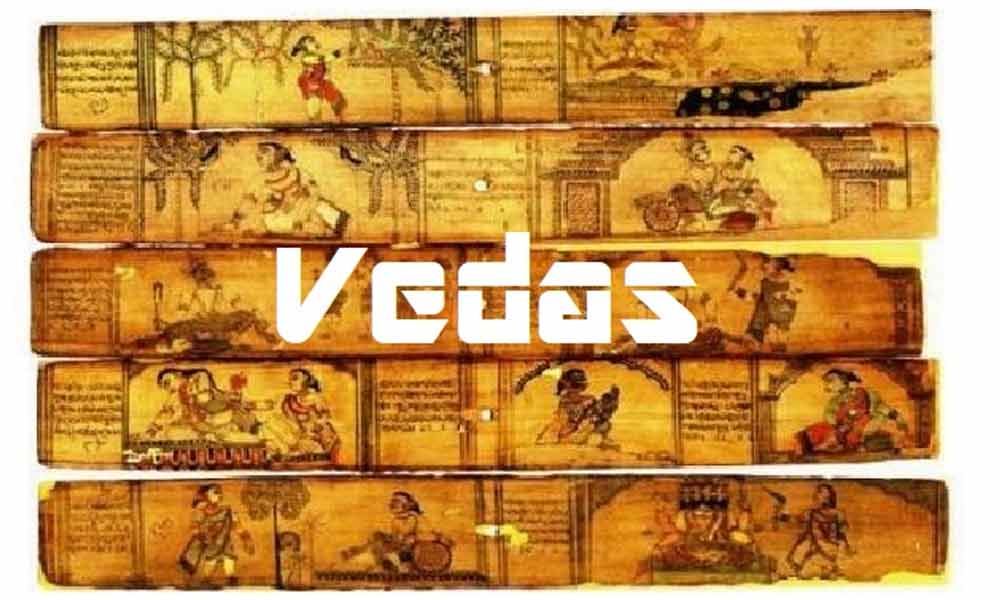The concept of duty is absolute

The concept of duty or kartavya is one of the unique contributions of the Vedas.
The concept of duty or kartavya is one of the unique contributions of the Vedas.
Duty is an obligation, something that has to be done. The sense of obligation is inevitable in one's life as one is constantly receiving favors from the rest of the world. That one is able to function in this world is founded upon the many favors.
In the Vedic vision, a householder's life is looked upon as the process of returning the favors.
The Taittirīya Sahitā declares that as born one is a three-fold debtor.1 One is indebted to the devatās or gods who are the presiding deities of the mind and sense organs, and by whose grace the body-mind-sense complex functions such that, one can walk, talk and do so many things.
One is indebted to one's parents and ancestors for giving the body, for the judicious upbringing and so forth. One is indebted to the teachers and sages who have given the enormous fund of knowledge from which one is freely able to draw from.
Of course, one is indebted to other members of the society, such as, a farmer, a milkman and so on for what they do in order that one's life is sustained relatively easy.
In fact, one is indebted to every sentient and insentient entity in the universe, which directly or indirectly contributes to one's life. The beauty of all this is that most of the times, without asking, the creation is providing for one's sustenance.
The sun gives light and energy; the earth gives food and water; and so on and so forth. The recognition of this fact brings about a sense of gratitude, which in turn, brings about a sensitivity and motivation in one to return that favour.
From this interdependent relationship between the individual and the rest of the creation, arises the sense of duty to contribute. Kartavya, or duty, really emanates from the spirit of contribution.
The sense of duty percolates in relationships as well. As a son or daughter, one is duty-bound to one's parents and do things for them without expecting any reward, simply with the recognition of what the parents have done for them.
The same principle applies to other relationships as well. If everyone performs his/her duties diligently, then everyone's needs are also taken care of. Swami Dayananda Saraswati says that if the husband performs his duty towards his wife, then her rights are automatically taken care of, and vice versa.
Duty is automatically nikāma karma, action performed without the expectation of a reward. It is a right action that is to be done with the right attitude, in the spirit of returning the favour without demanding any reward. A duty-bound person is by definition a karma yogī.
www.arshavidya.org








